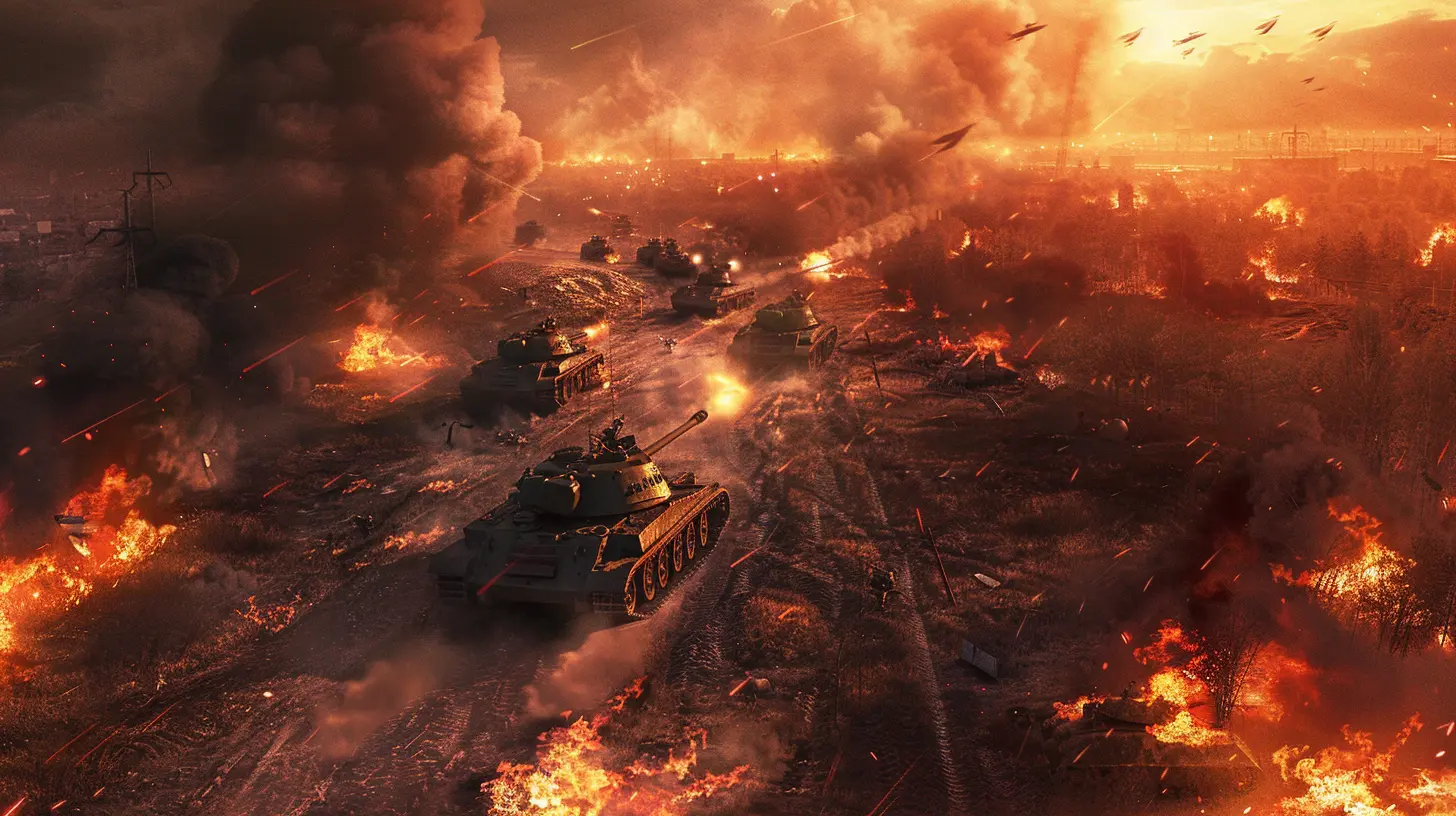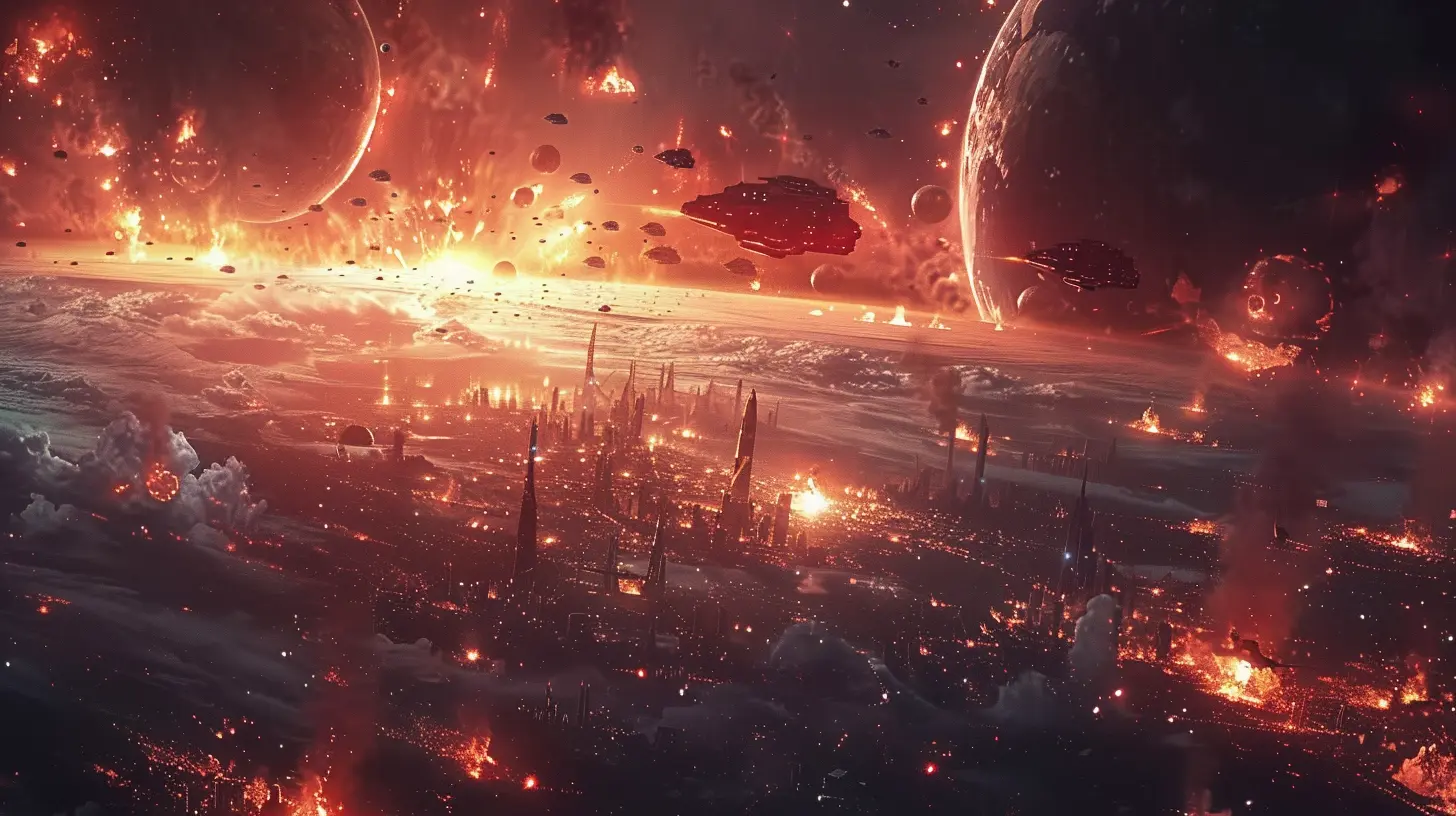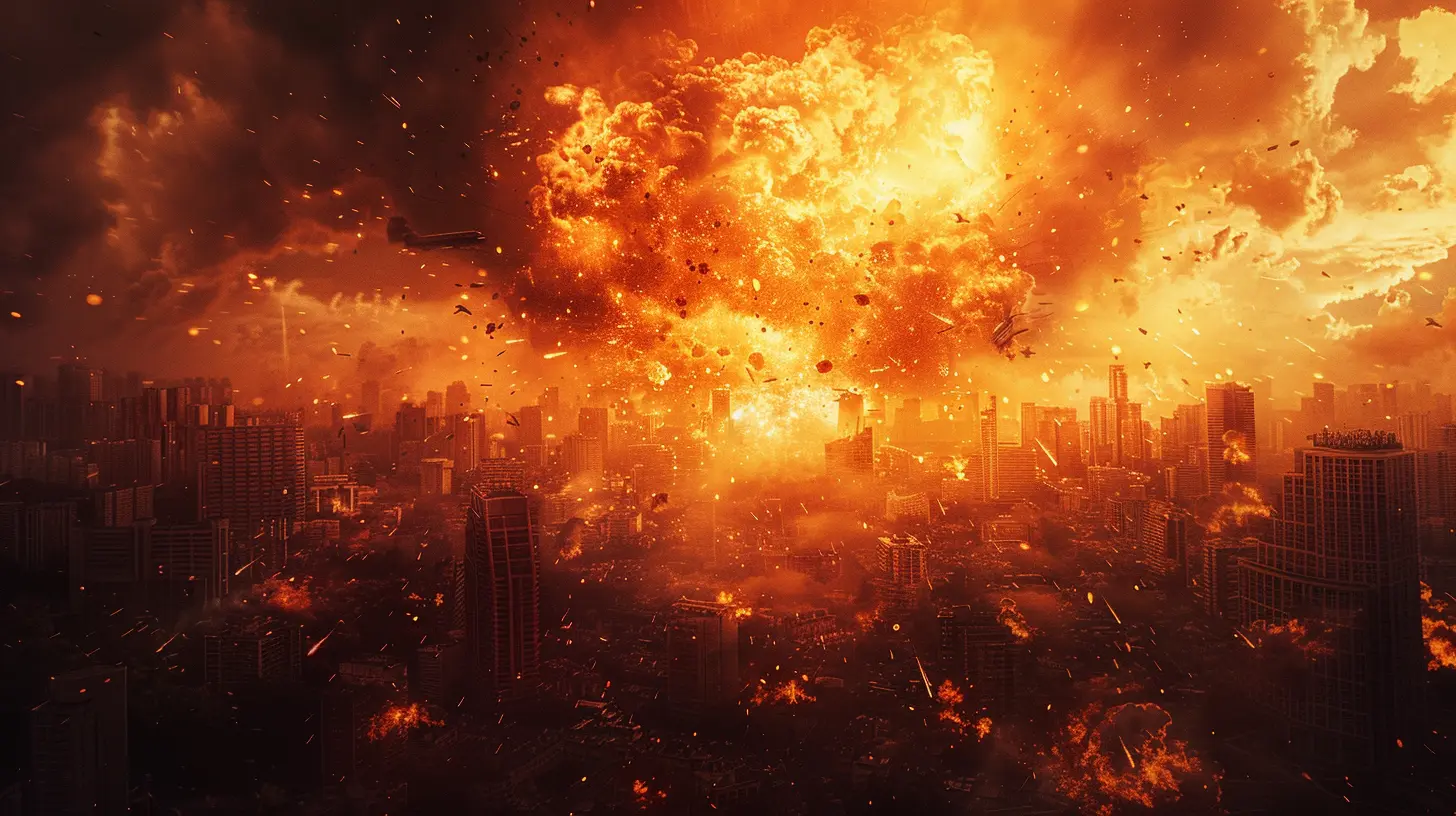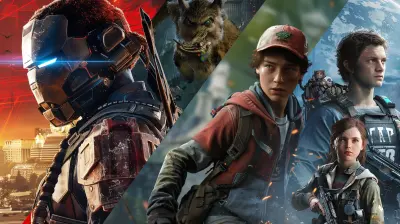Global Wars: Exploring International Conflicts in Gaming
18 November 2025
Gaming—a world of boundless creativity—has always found a way to reflect the chaos and beauty of the real world. Among its kaleidoscope of themes, one stands tall, bold, and unapologetically gripping: international conflicts. Yep, global wars have long been a favorite backdrop for gamers, game designers, and storytellers alike. But why is that, you ask? Because nothing screams "high stakes" like the thundering echoes of war drums and the clash of nations.
From the frostbitten trenches of WWI to galaxy-spanning interstellar conflicts, games have found a way to dissect, dramatize, and sometimes even satirize the very essence of war. So grab your favorite loadout, soldier, as we dive into the digital battlefield to uncover why global conflicts are such a popular theme and how gaming has managed to tackle the subject with surprising nuance.
A Battlefield Born of Pixels
Why do wars make such compelling games? It’s simple: conflict drives stories. And what better way to crank up the tension than to slap in a global backdrop where entire nations (or planets) hang by a thread? Games like Call of Duty, Battlefield, and Civilization don’t just rely on adrenaline-pumping battles—they thrive on the moral dilemmas, strategic depth, and immersive storytelling that global conflicts bring to the table.The gaming industry has always found inspiration in real-world history. Think about it. World War II served as the canvas for iconic titles like Medal of Honor and Company of Heroes. They didn't just drop you into the heat of battle; they crafted worlds where players could almost feel the grit of Normandy’s beaches or the frostbite of the Eastern Front. And while real wars are tragic and devastating, video games transform them into interactive history lessons—or perhaps, history reimagined.
Wargames: When Fiction Meets Reality
Let’s be real—many war-themed games blur the lines between fact and fiction. Sure, some games stick to historical accuracy like it’s their main questline, but others? They’re out here throwing futuristic nukes like they’re party favors.Take Call of Duty's single-player campaigns, for example. Some entries, like World at War and Vanguard, stay grounded in historical events. Meanwhile, others, like Modern Warfare or Black Ops, dive headfirst into speculative scenarios. What if a Russian ultranationalist sparked World War III? Boom. That's Modern Warfare 2 for you. These games ask, “What if?”—and suddenly, you’re not just playing; you’re questioning the fragility of global peace.
But it’s not just about the action. Games like This War of Mine flip the script entirely, showing players the civilian perspective. Forget power fantasies. Here, survival and human empathy take center stage. You’re not wielding an AK-47 but scavenging for food, hiding from snipers, and making gut-wrenching choices. It’s brutal, raw, and an absolute gut-punch.
Strategy Games: Brain Over Brawn
While first-person shooters dominate the mainstream war genre, strategy games have carved out a niche of their own. Titles like Civilization, Europa Universalis, and Total War drop you into the shoes of a leader rather than a foot soldier. Here, you’re not pulling the trigger—you’re calling the shots.These are games that demand patience, long-term planning, and sometimes a willingness to betray alliances (sorry, Gandhi). You're not just waging wars; you’re negotiating peace treaties, managing resources, and debating whether to nuke your rivals or woo them with cultural dominance. Is it stressful? Absolutely. But it’s also wildly satisfying when your plans come together like the final piece of a 1,000-piece puzzle.
Ever noticed how these games unintentionally teach us about geopolitics? In Civilization, for instance, expanding too quickly without solid infrastructure leads to chaos. In Crusader Kings III, marrying off your heirs to secure alliances can feel like medieval matchmaking. It’s a game, sure, but it’s also a sandbox where history nerds and control enthusiasts thrive.
Global Wars in Sci-Fi and Fantasy Realms
Not all global wars in gaming are rooted in real-world events. Sometimes, developers take the concept of war and crank it up to eleven by trading battlefields for alien worlds or fantasy kingdoms.Take the Halo series. Here, humanity faces extinction at the hands of the alien Covenant. The stakes? Intergalactic. The emotional weight? Off the charts. Games like this take the familiar structure of global war (alliances, betrayals, desperate last stands) and give it a cosmic glow-up.
And let’s not forget Warcraft. Whether it's the epic Horde vs. Alliance rivalry or the existential threat of the Burning Legion, the franchise proves that even fantasy worlds aren’t immune to the chaos of global conflict. These games remind us that war, whether fought with swords or plasma rifles, is deeply ingrained in our collective imagination.
The Ethical Quandary of War Games
Now, let’s address the elephant in the room: war games can be polarizing. Some argue that they glorify violence or trivialize real-world tragedies. And to some extent, that’s a valid point. After all, sitting comfortably in your gaming chair while "storming Normandy" in Call of Duty isn’t remotely comparable to what real soldiers endured.But here’s the thing—many modern games don’t just focus on the explosions. They also weave in themes of loss, remorse, and the harrowing consequences of war. Some games even go out of their way to depict the moral gray areas. Spec Ops: The Line is a prime example. At first glance, it looks like your average military shooter. But keep playing, and you’ll find yourself questioning the protagonist’s actions and, ultimately, your own role in the carnage. It’s a gut-wrenching experience that lingers long after the credits roll.
The Role of Multiplayer in Global Conflict Games
If single-player campaigns are the steak, multiplayer is the sizzle. War-themed multiplayer games are some of the most popular titles out there, and for good reason. Think about the adrenaline rush of sniping an opponent in Battlefield, outsmarting an enemy squad in Rainbow Six Siege, or finally pulling off that perfect kill streak in Call of Duty: Warzone. It’s competitive, chaotic, and ridiculously satisfying.What’s intriguing is how multiplayer war games foster teamwork and communication. Yes, there’s plenty of trash talk involved (looking at you, open mic lobbies), but at their core, these games demand collaboration. Want to win in Battlefield? You better have a squad that knows what they’re doing. It’s almost ironic—games built around conflict end up bringing people together.
Why Do We Keep Returning to Global Wars?
So, why are we so hooked on games about global wars? Maybe it’s the primal thrill of battle. Or maybe it’s the sheer scale of it all—wars, after all, are the ultimate test of resilience, strategy, and survival. But there’s more to it than just the pew-pew and boom-boom. War games often serve as a lens through which we can better understand humanity—our triumphs, our failures, and the gray areas in between.These games are like interactive time machines, letting us step into the boots of soldiers, leaders, and civilians from every corner of history and imagination. They challenge us to think critically, act decisively, and, sometimes, to simply reflect.
Final Thoughts: Gaming’s Everlasting Dance with Conflict
Global wars in gaming aren't just about the clash of armies or the roar of fighter jets. They’re about storytelling, strategy, and, in some cases, reckoning with uncomfortable truths. Whether you’re a battlefield hero, a cunning strategist, or a refugee fighting for survival, these games provide an unparalleled experience—one that’s equal parts thrilling and thought-provoking.So next time you pick up a controller or fire up your PC, and find yourself navigating the chaos of war, take a moment to appreciate the art behind the carnage. Because in gaming, as in life, war is never just about the fight—it's about the stories that emerge in its wake.
all images in this post were generated using AI tools
Category:
War GamesAuthor:

Madeleine McCaffrey
Discussion
rate this article
1 comments
Bryce McEachern
Who knew that diplomacy could be so explosive? Global Wars has turned my couch into a war room and my snacks into rations. Let’s settle our international disputes over virtual coffee instead of caffeine-fueled chaos! Game on!
November 24, 2025 at 5:23 AM

Madeleine McCaffrey
Glad to hear you're enjoying the strategic side of Global Wars! Virtual coffee sounds like a great way to negotiate peace amidst the chaos. Game on!


